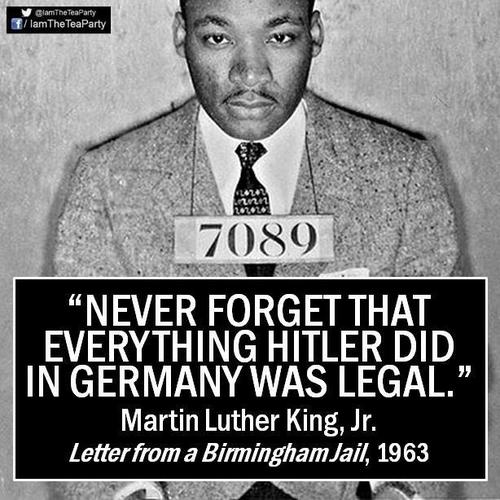The Enduring Power of Martin Luther King Jr.'s Philosophy
In a world often riven by division and inequality, the philosophy of Martin Luther King Jr. shines as a beacon of hope and a call to action. His words and deeds, deeply rooted in the principles of nonviolence and social justice, continue to resonate with people across generations and continents. But what exactly is the essence of his philosophy, and how can we apply its wisdom to the challenges we face today?
At the heart of Martin Luther King Jr.'s philosophy lies a profound belief in the inherent dignity and equality of all human beings. He envisioned a world where people are judged not by the color of their skin but by the content of their character, a world where love triumphs over hate, and justice prevails over oppression. His vision was not merely a utopian dream; it was a call to action, urging individuals and communities to work tirelessly for a more equitable and just society.
King's philosophy was deeply informed by his Christian faith, drawing inspiration from the teachings of Jesus and the social gospel movement. He also found resonance in the works of Mahatma Gandhi, embracing nonviolent resistance as a powerful weapon against injustice. This potent blend of religious conviction and philosophical inquiry shaped his approach to social change, emphasizing love, compassion, and understanding as the driving forces behind transformative action.
King understood that true equality could not be achieved through violence or hatred. Instead, he advocated for a radical love that transcended racial and social barriers, a love that recognized the interconnectedness of all human beings. This philosophy of love, he believed, had the power to break down walls of prejudice and create a society where everyone could thrive.
The impact of Martin Luther King Jr.'s philosophy on the Civil Rights Movement and beyond is undeniable. His unwavering commitment to nonviolent resistance, coupled with his powerful oratory and unwavering moral compass, galvanized a nation and inspired millions to join the fight for equality. From the Montgomery bus boycott to the March on Washington, his leadership and philosophy were instrumental in advancing civil rights and dismantling segregation in the United States.
However, King's vision extended far beyond racial equality. He recognized the interconnectedness of various forms of injustice, speaking out against poverty, militarism, and economic inequality. He envisioned a "beloved community" where all people had equal opportunities to live with dignity and purpose, regardless of their background or circumstances.
To truly honor Martin Luther King Jr.'s legacy, we must go beyond mere commemoration and embrace the transformative power of his philosophy in our own lives. This means actively challenging injustice, advocating for equality, and practicing radical love in our daily interactions. By embodying the principles he so courageously championed, we can contribute to building a more just and equitable world for ourselves and future generations.
Effortless formatting mastering your word document defaults
The curious case of italicized a a deep dive
Gang member face tattoos a story etched in ink














